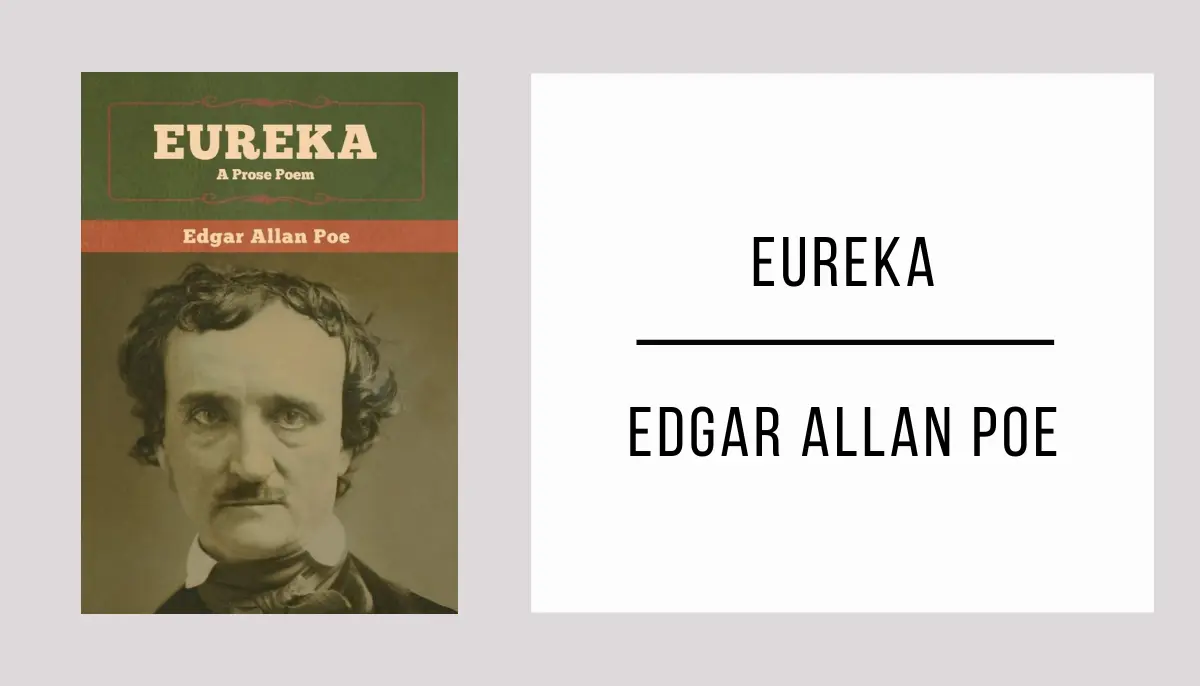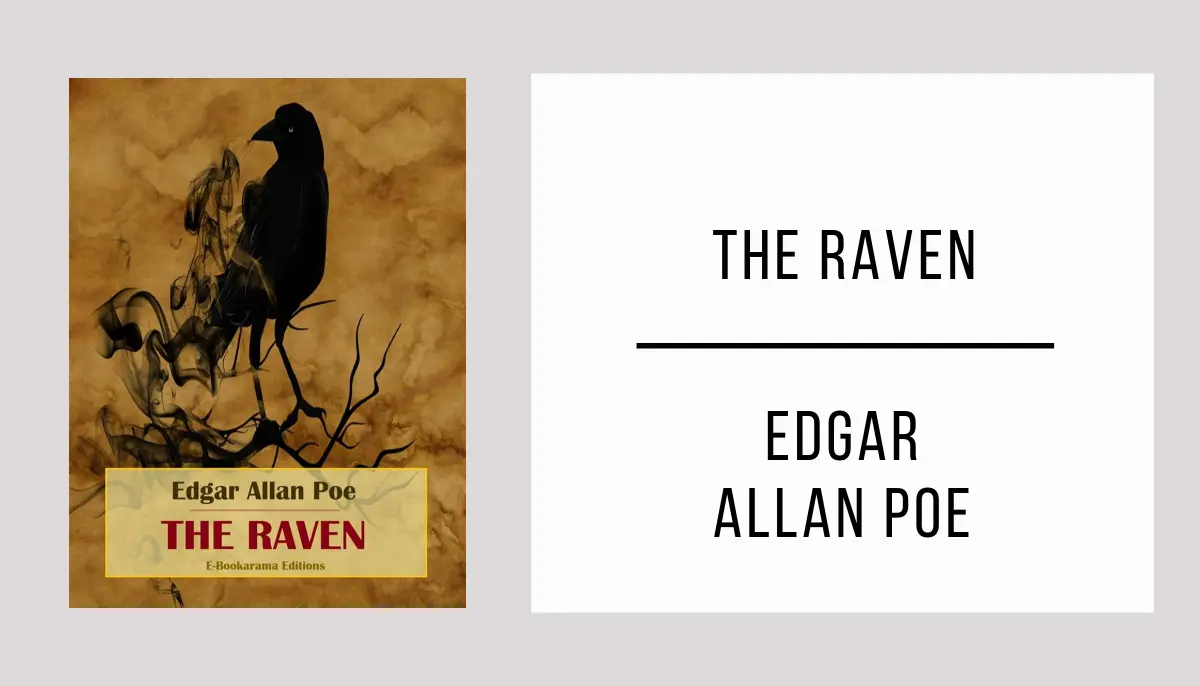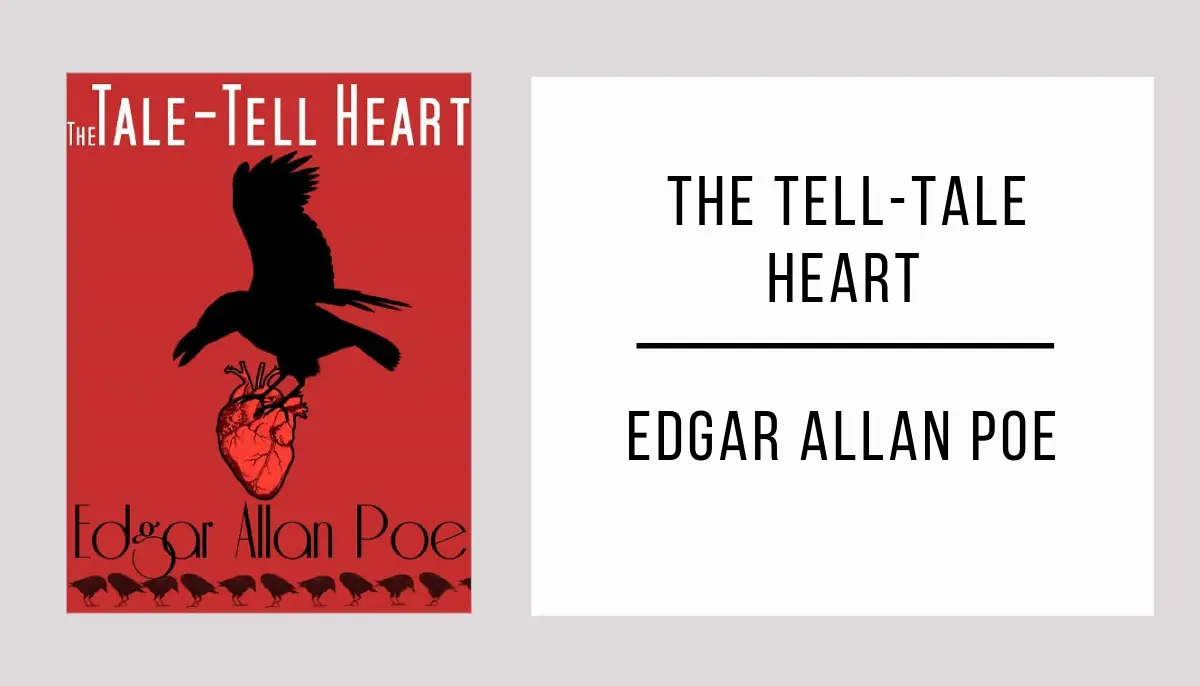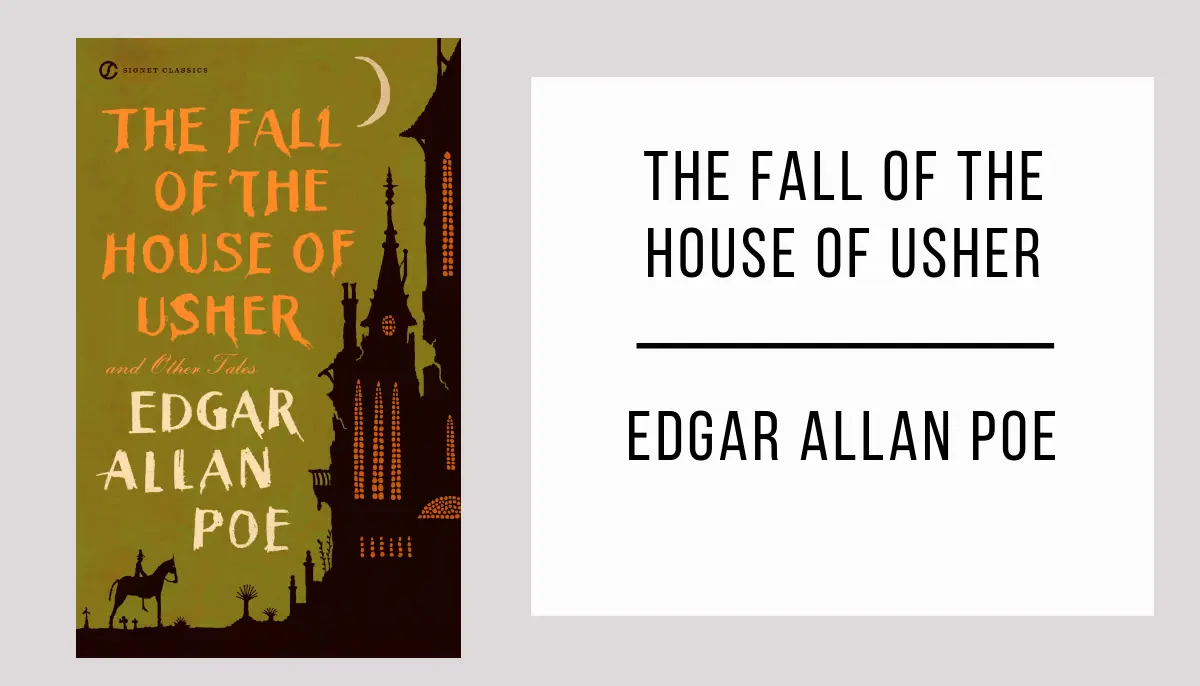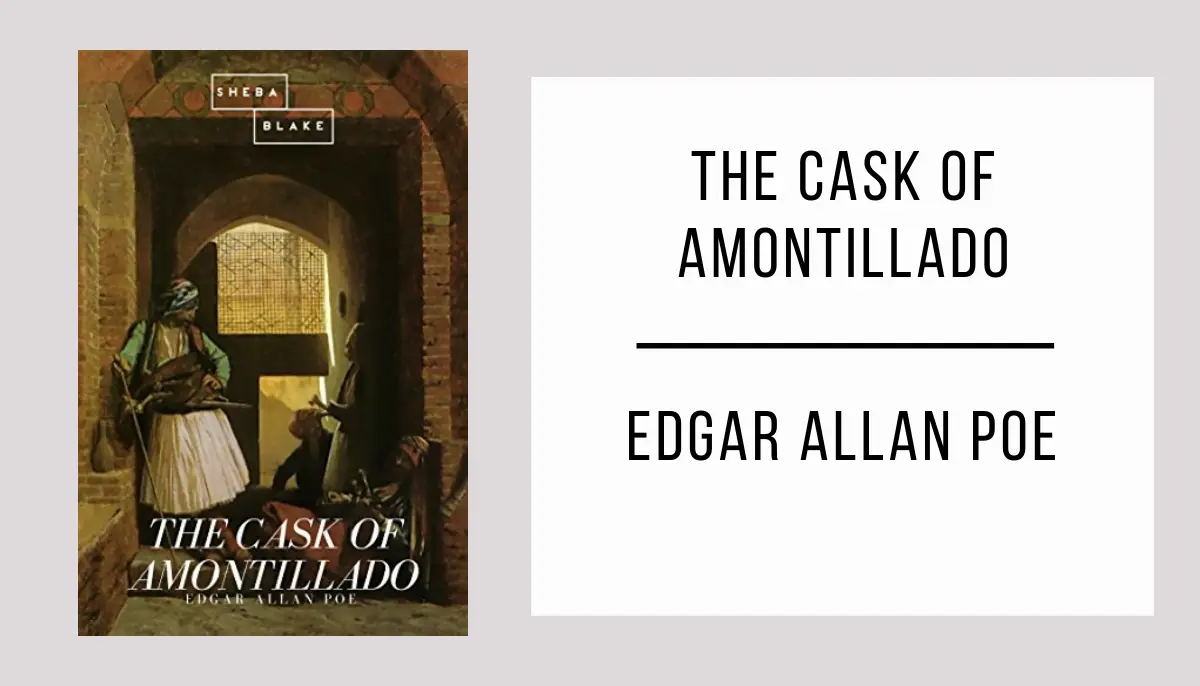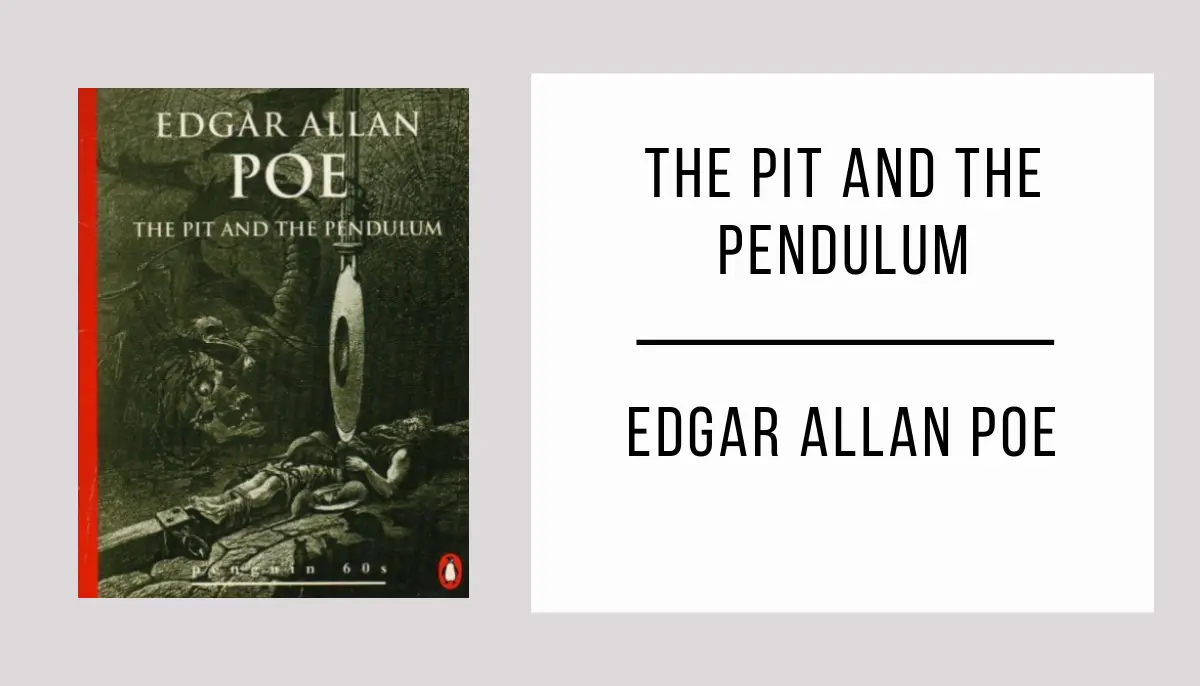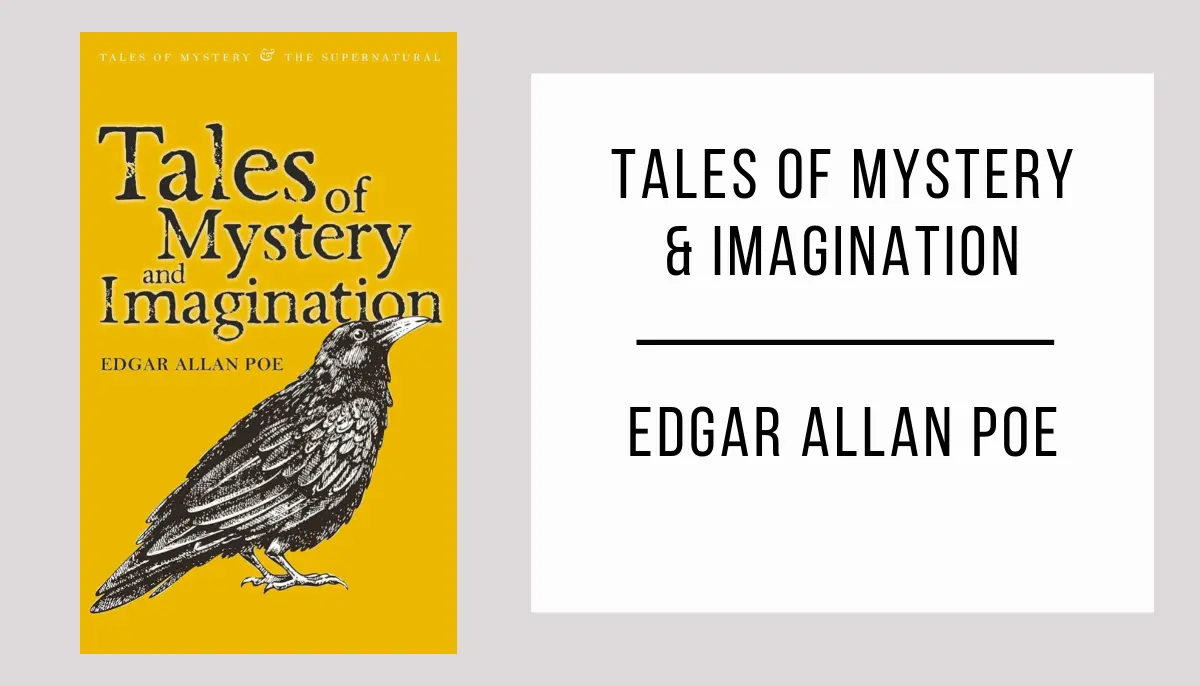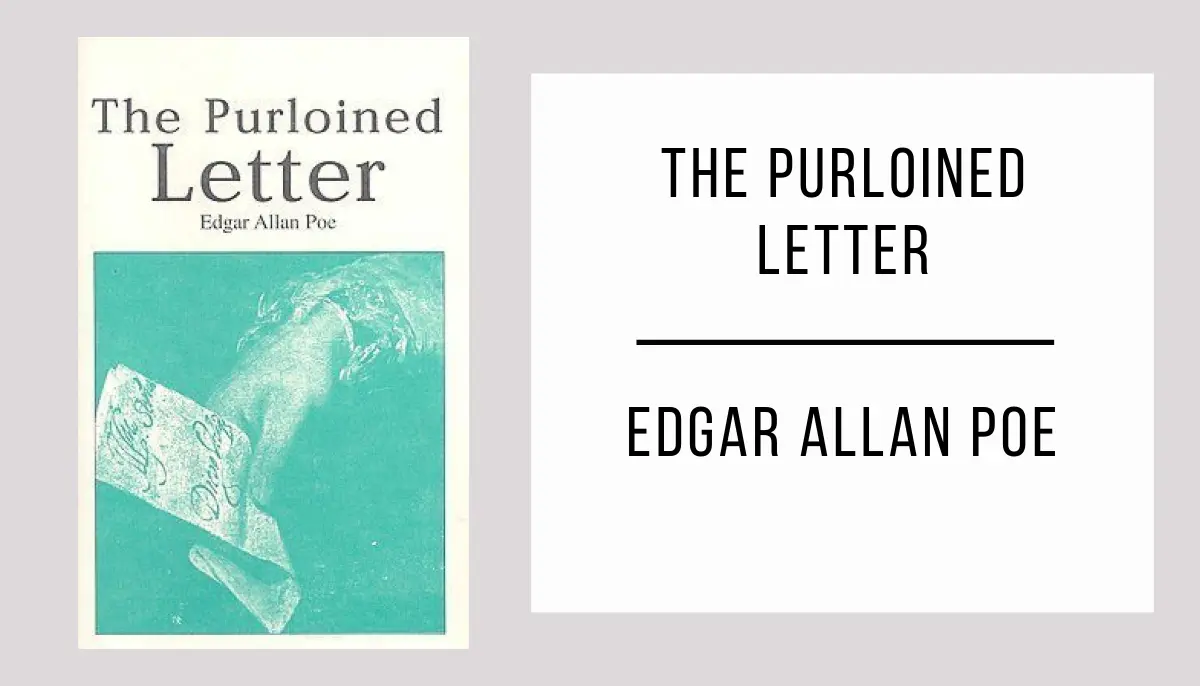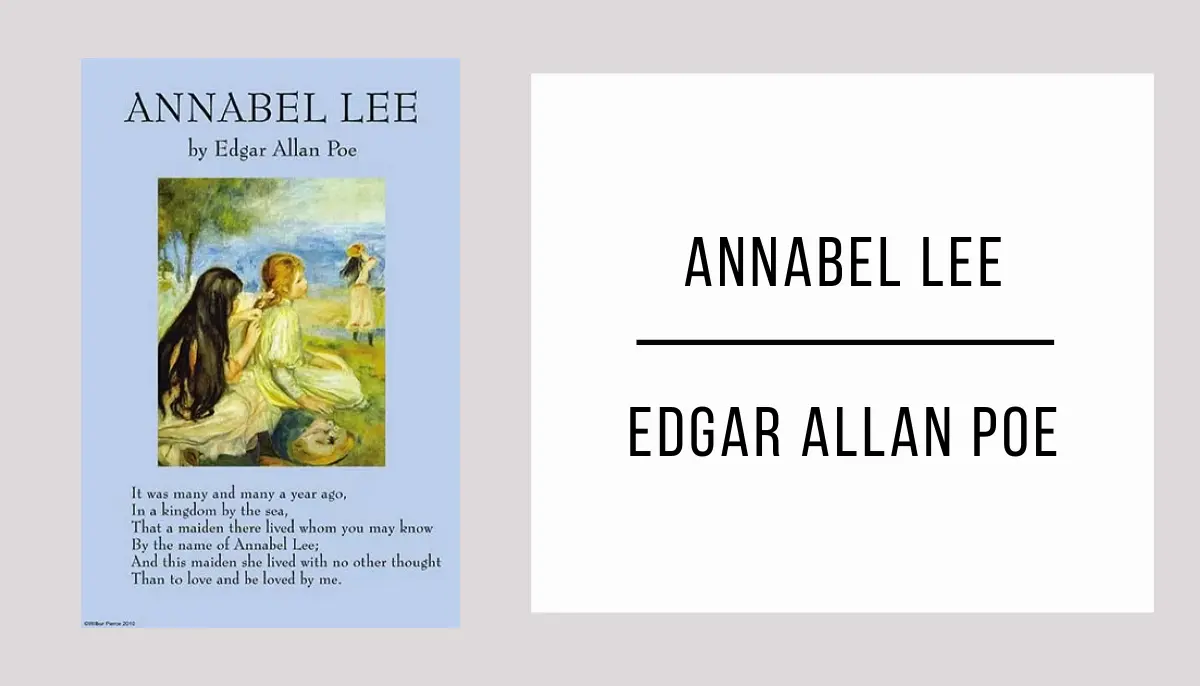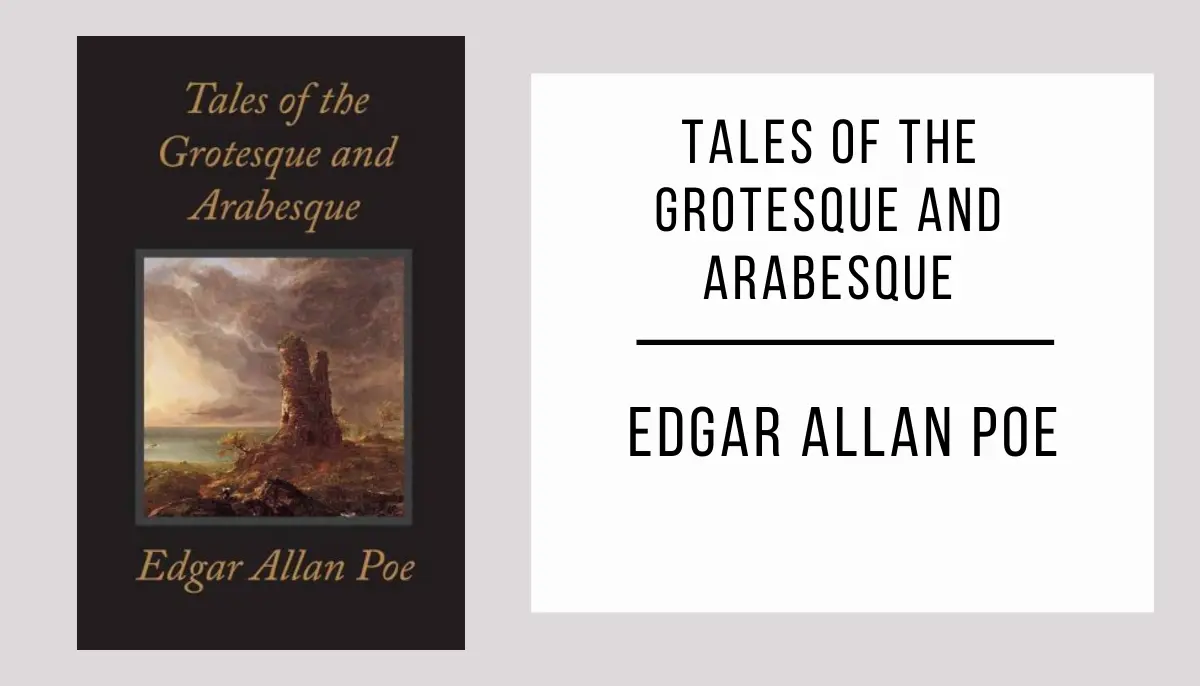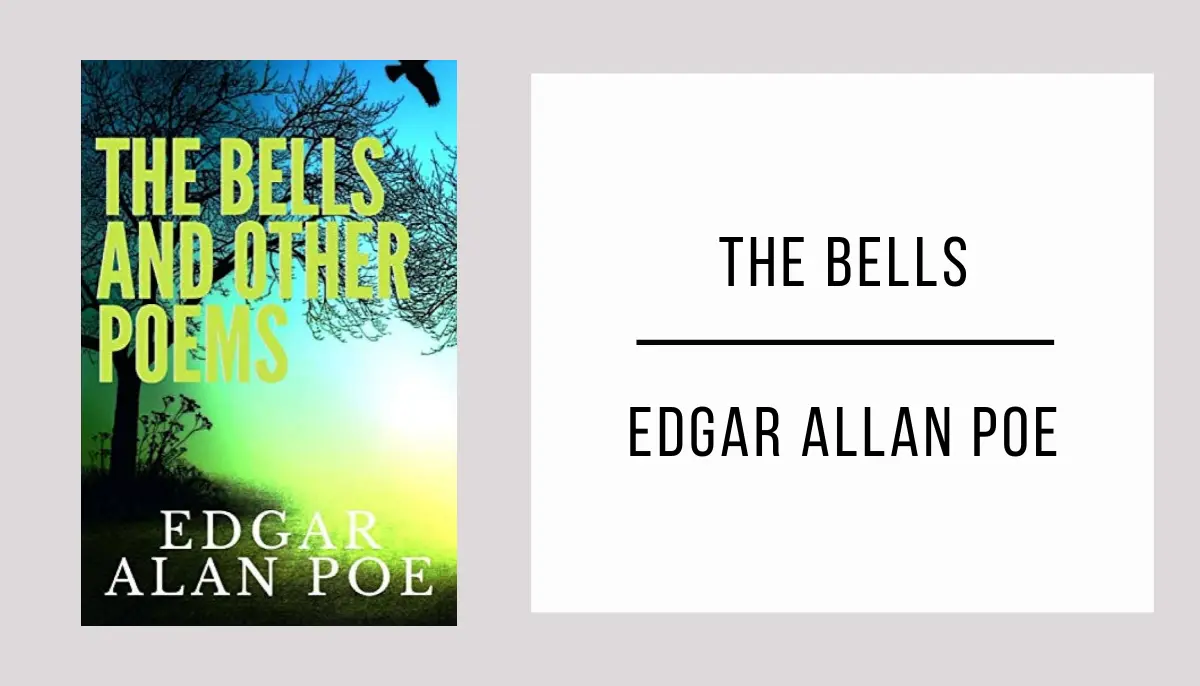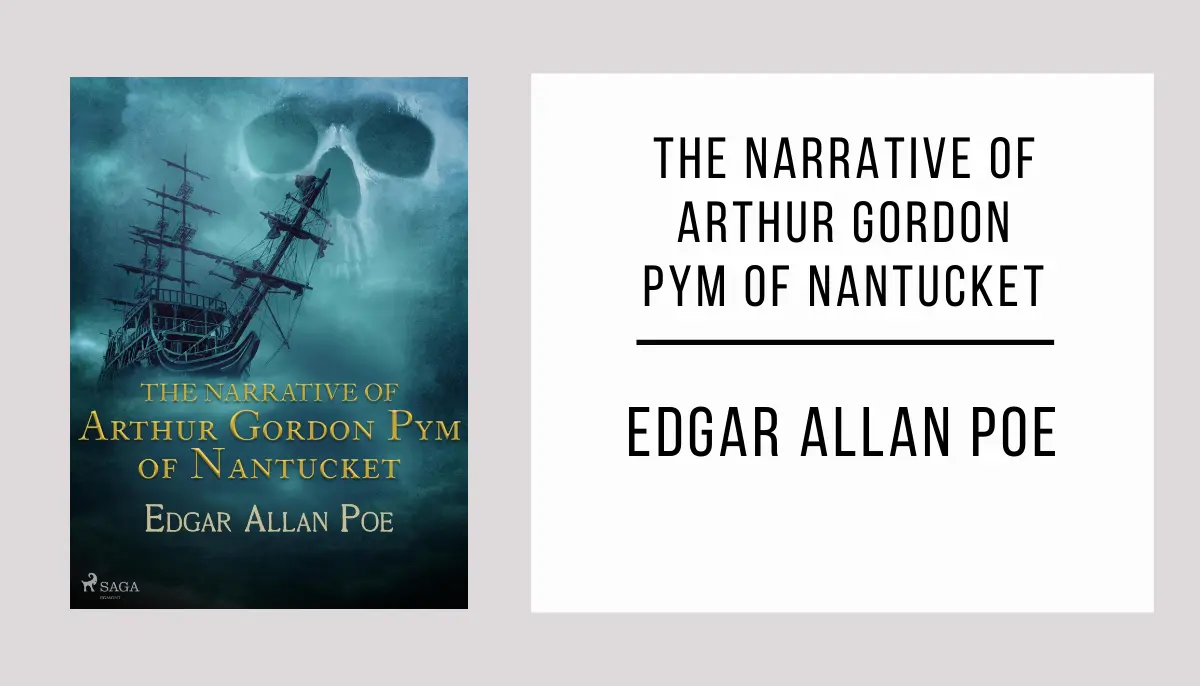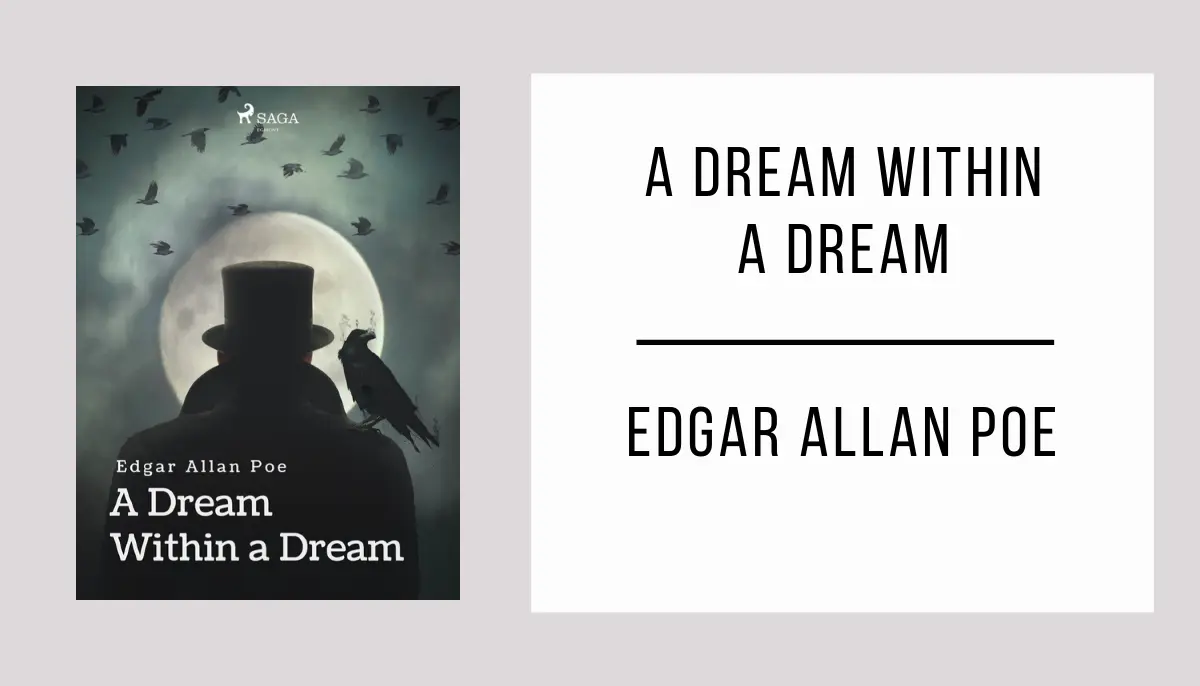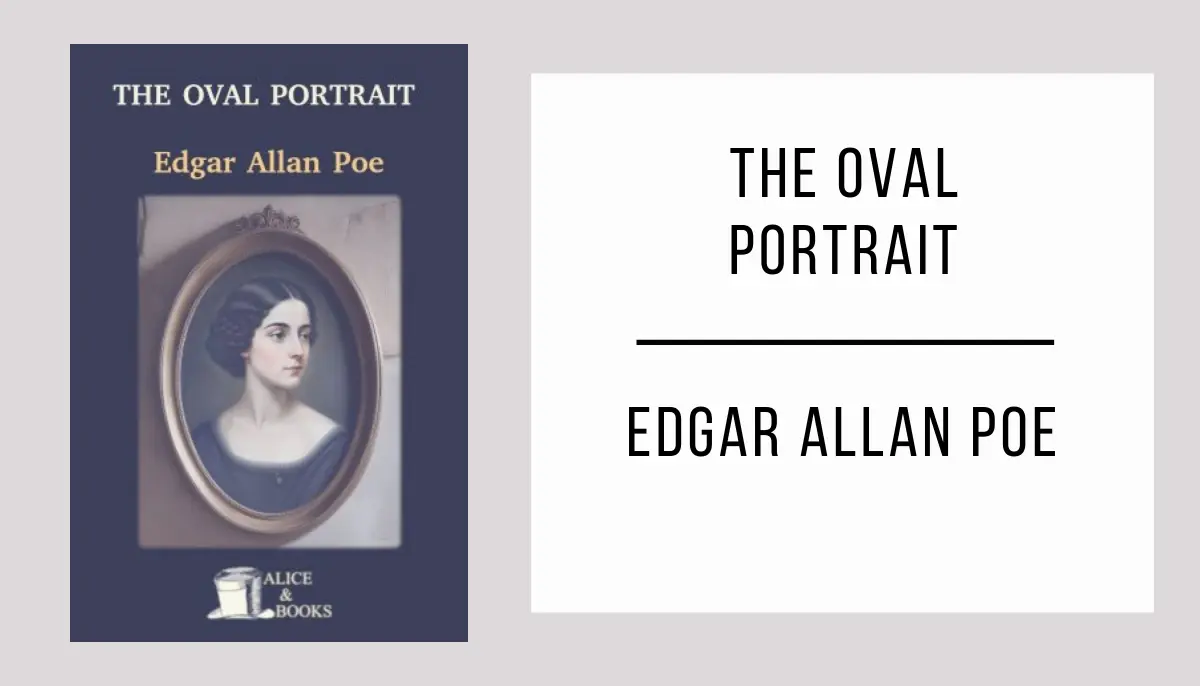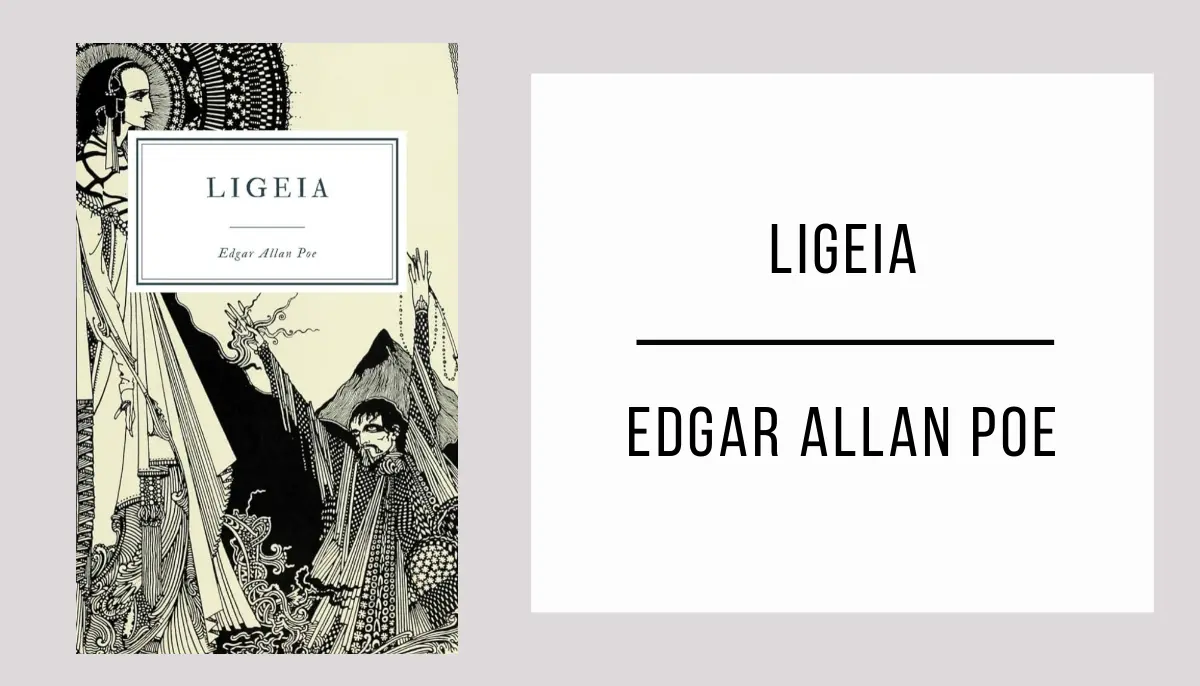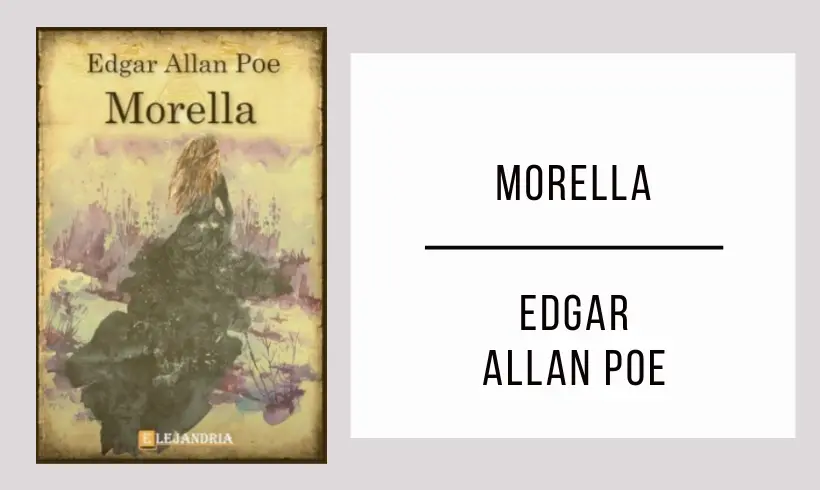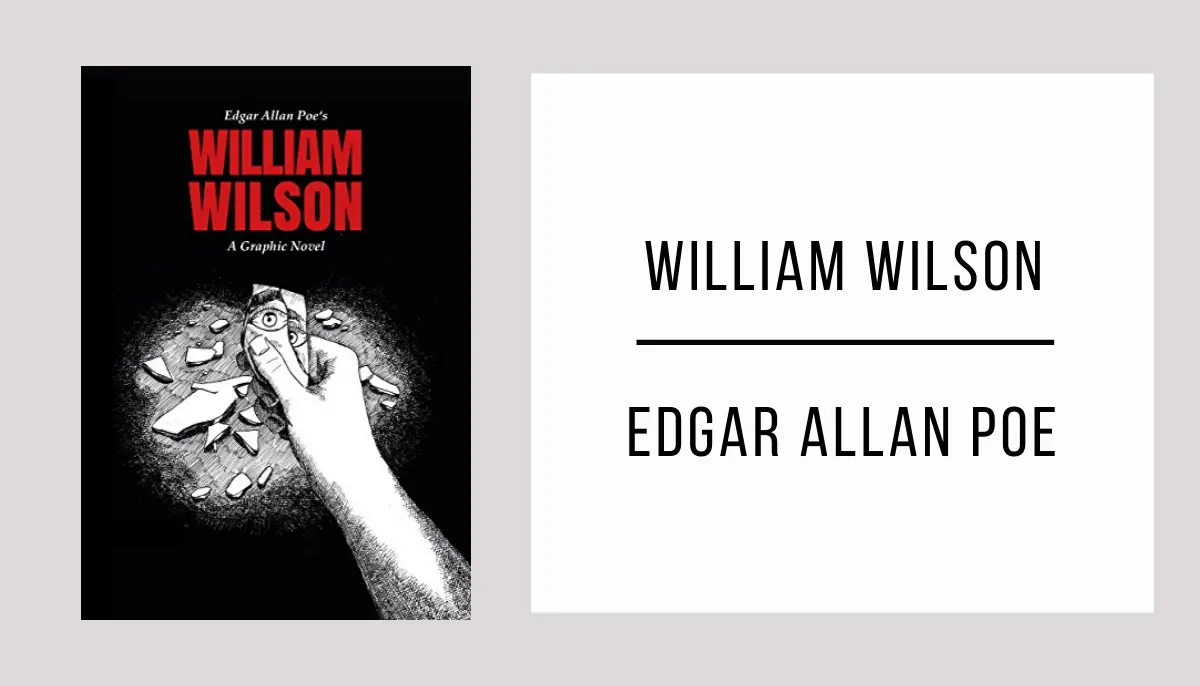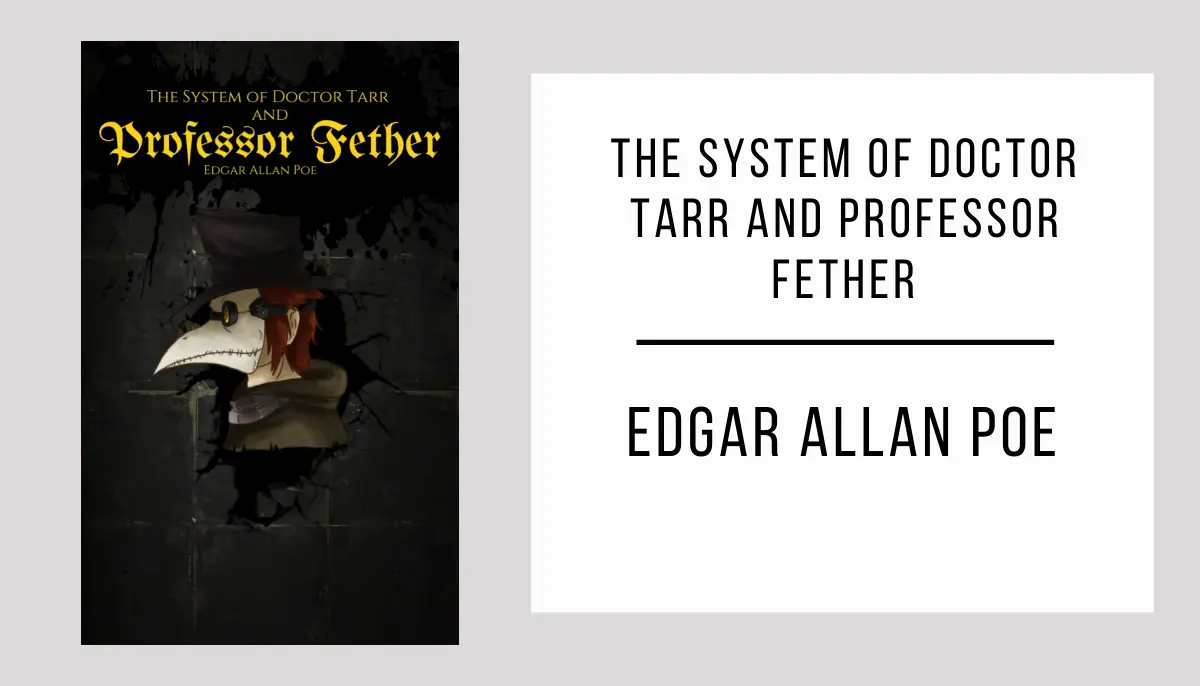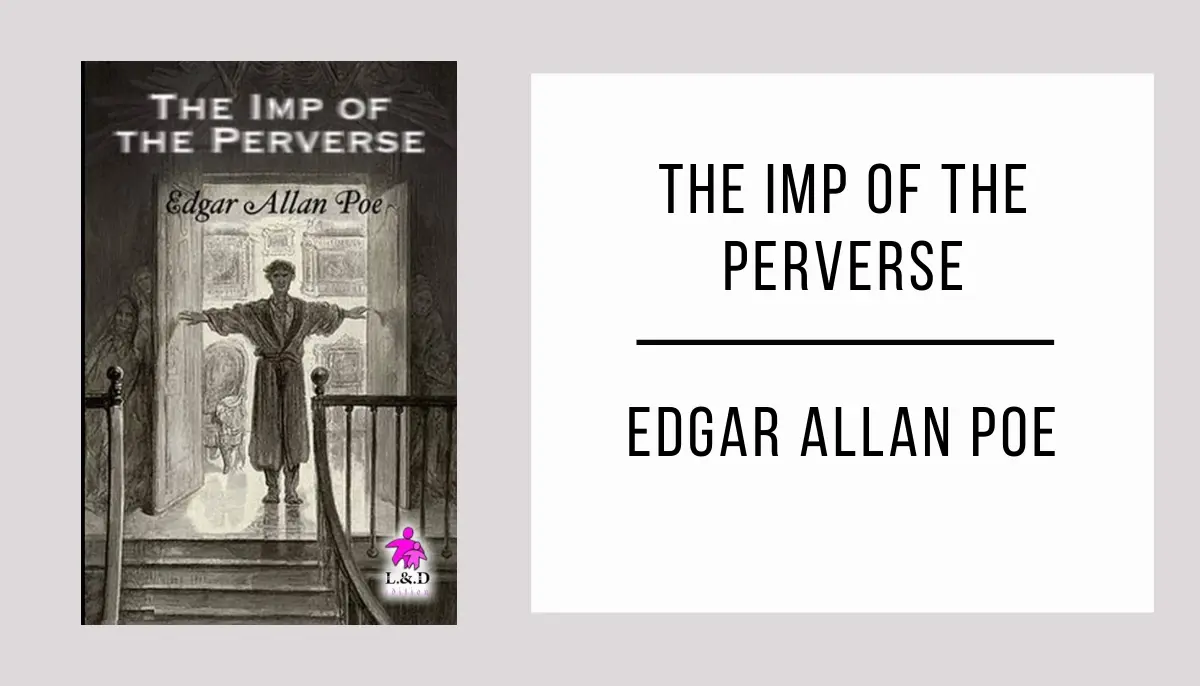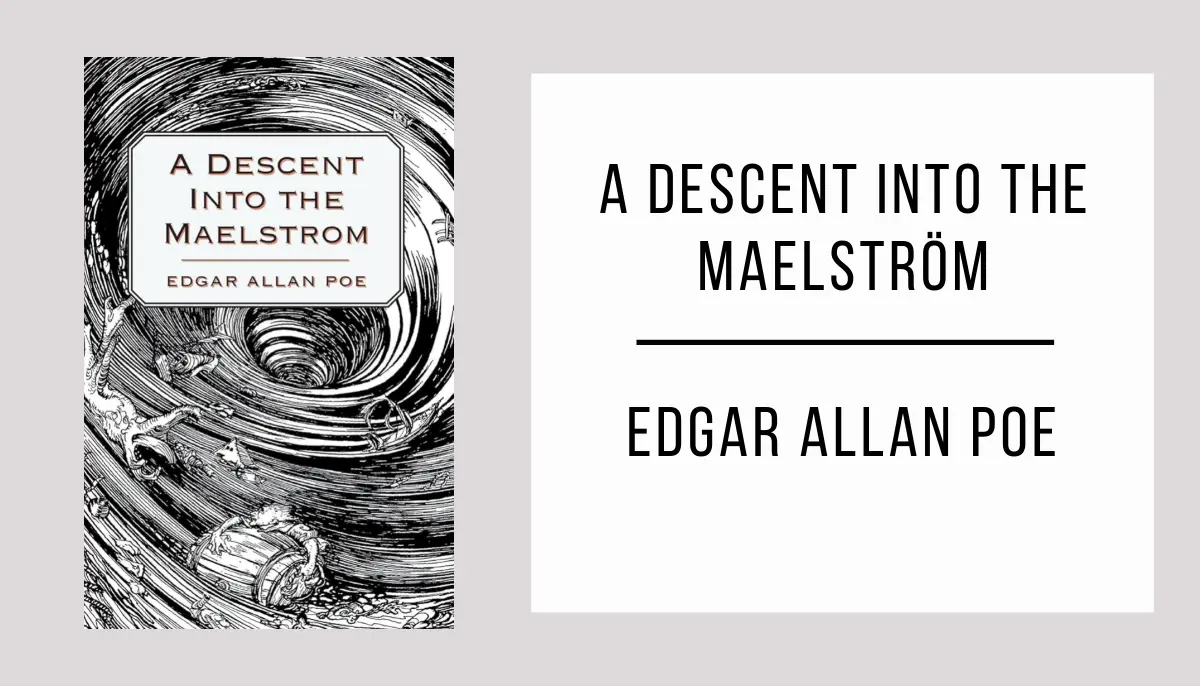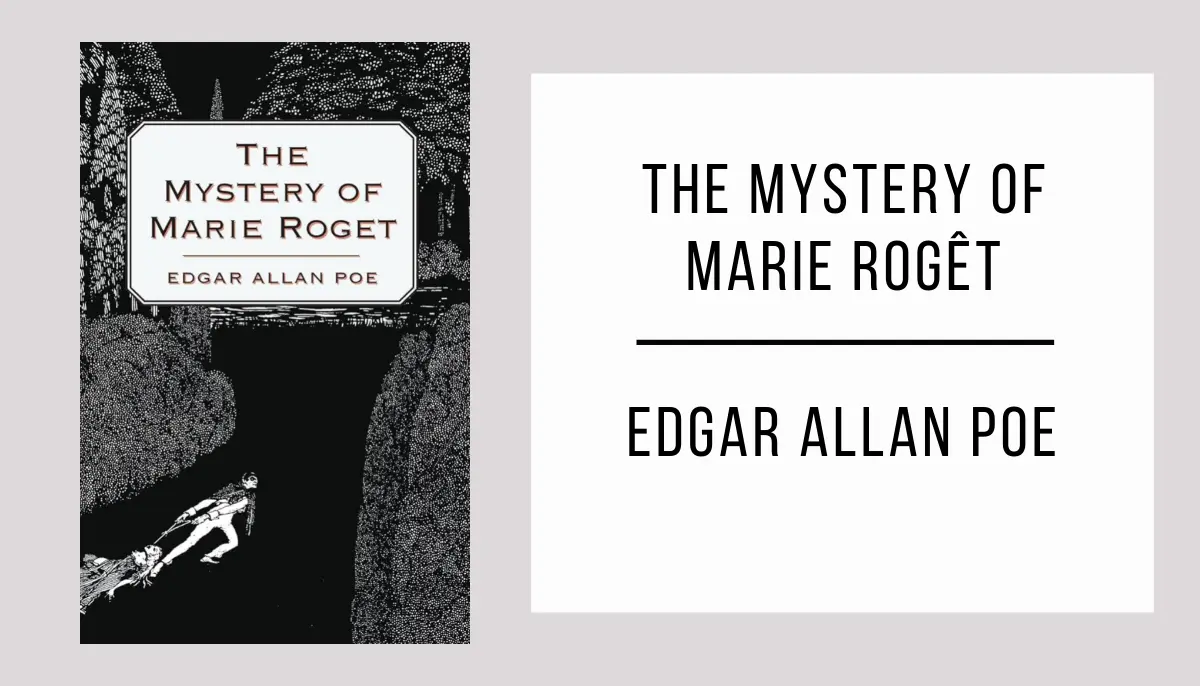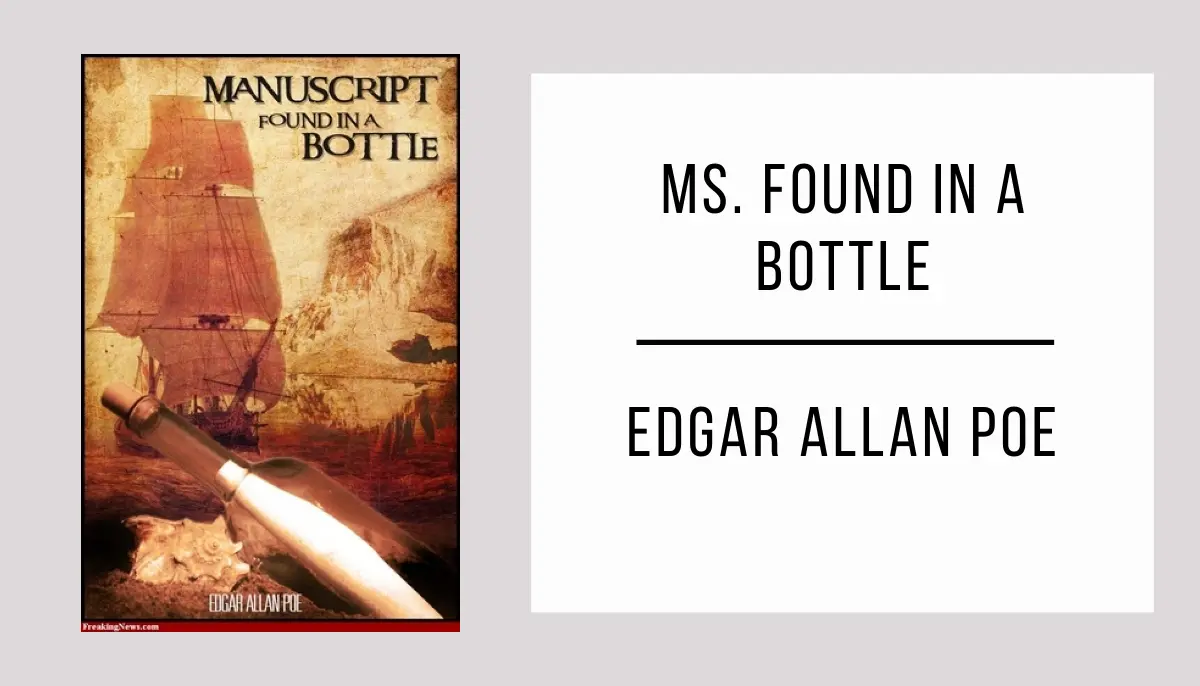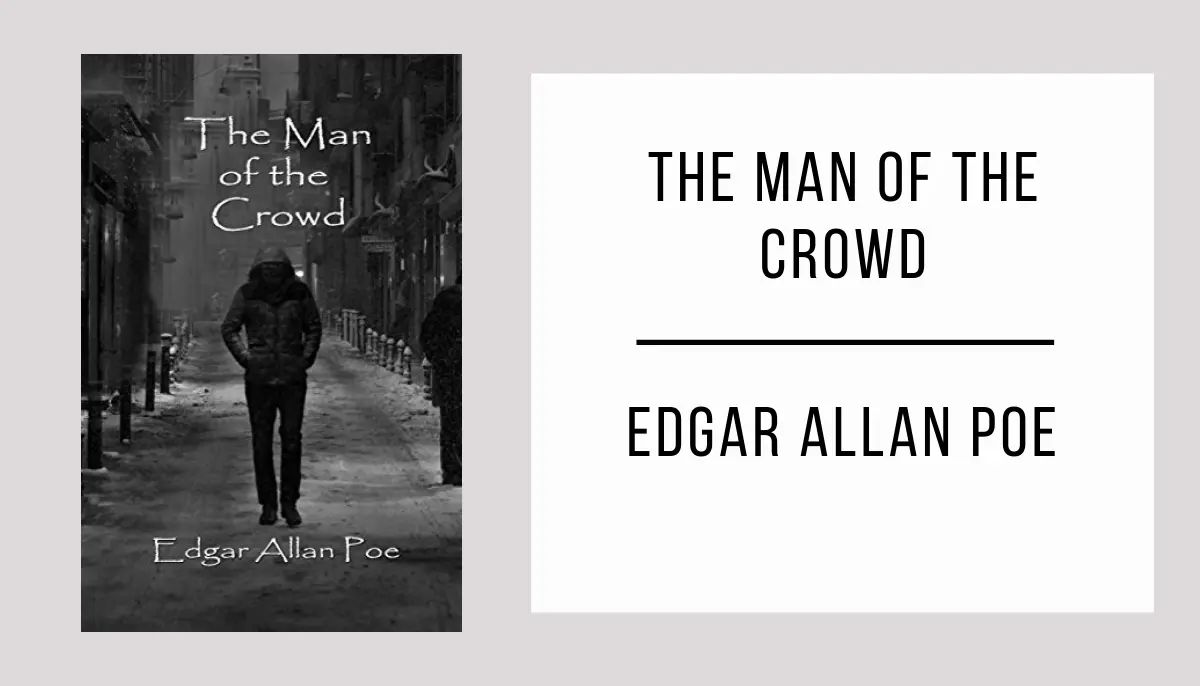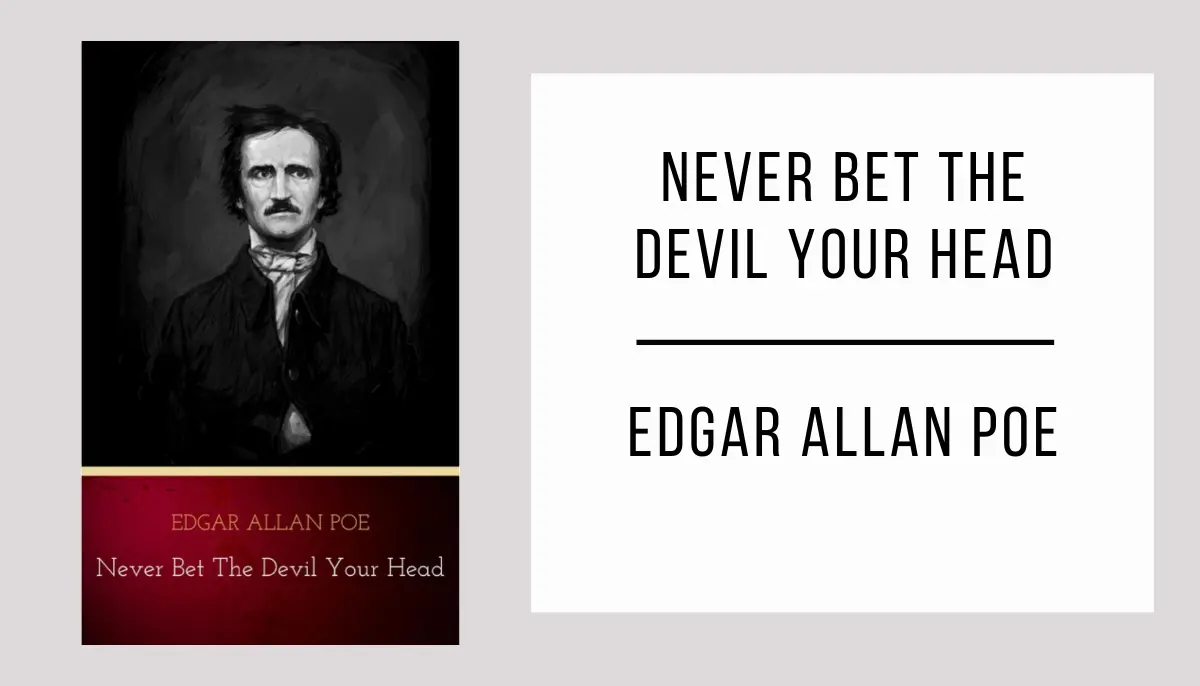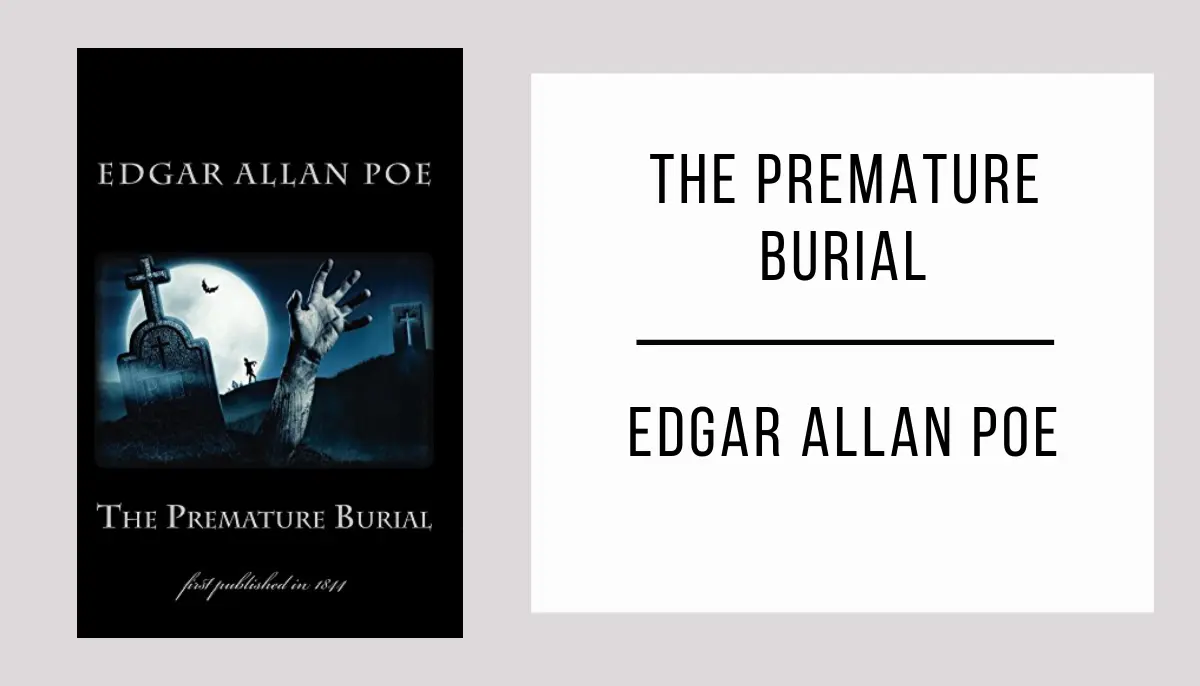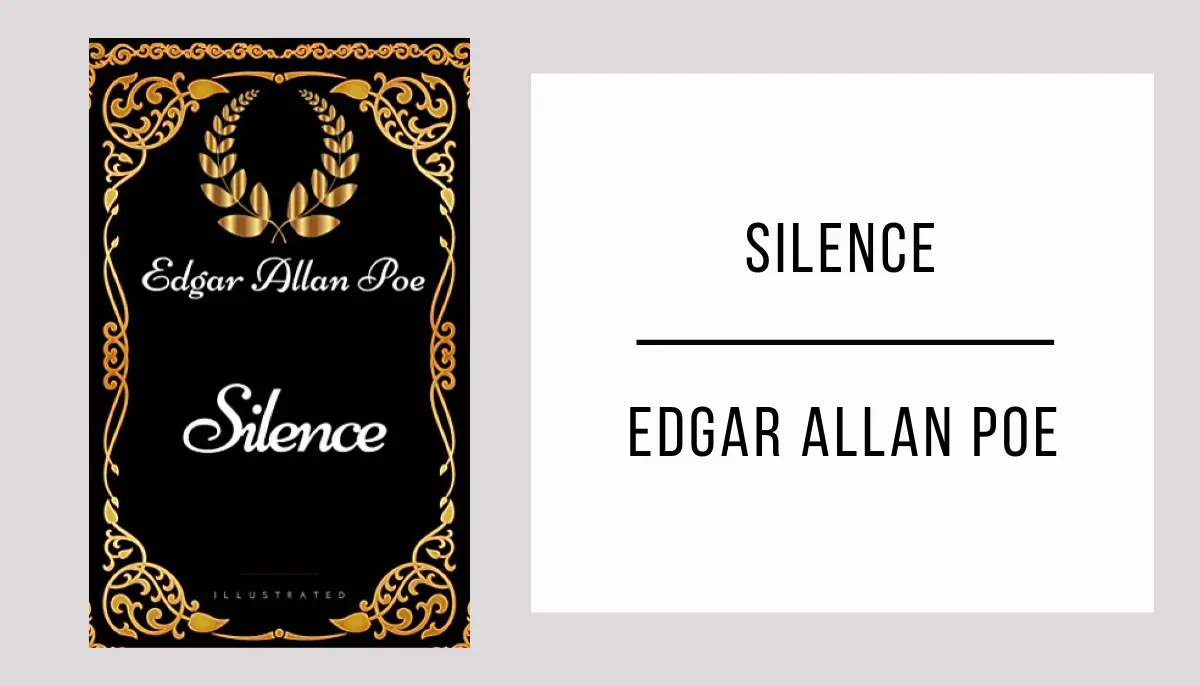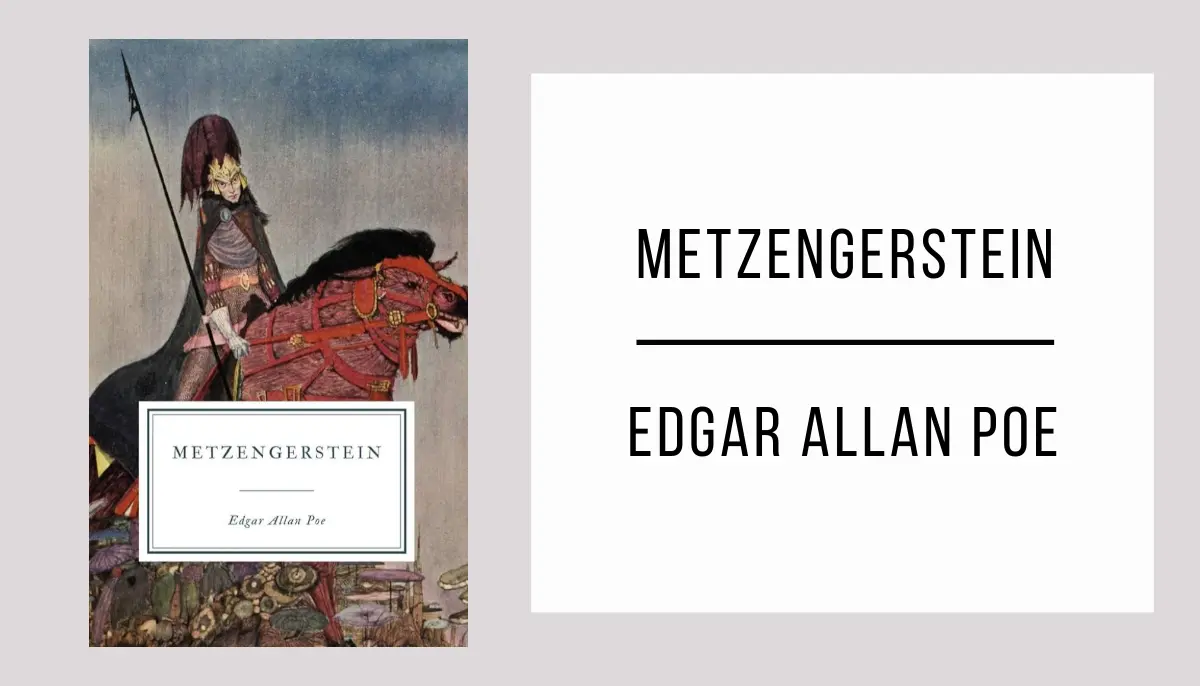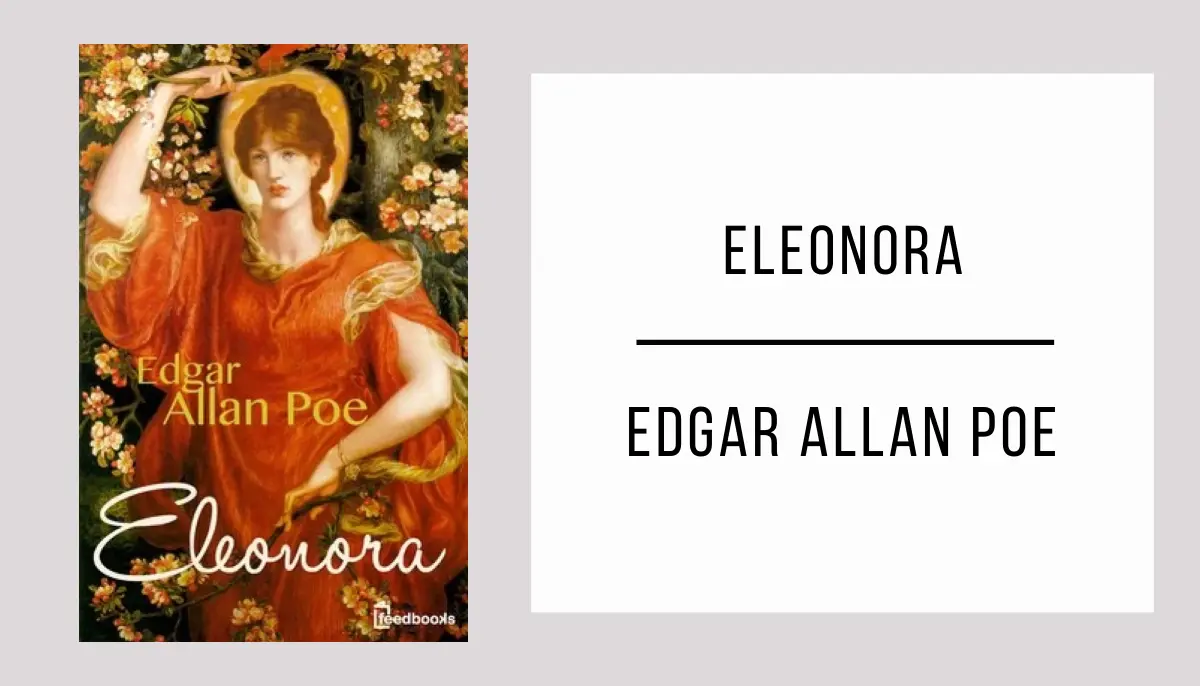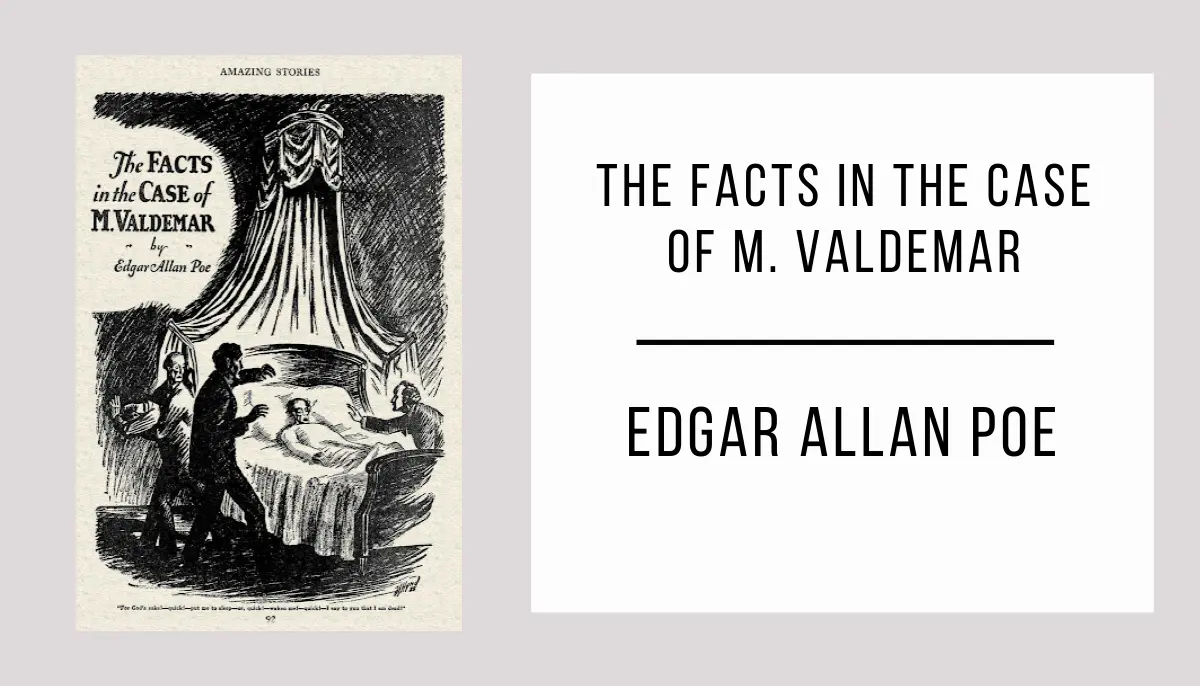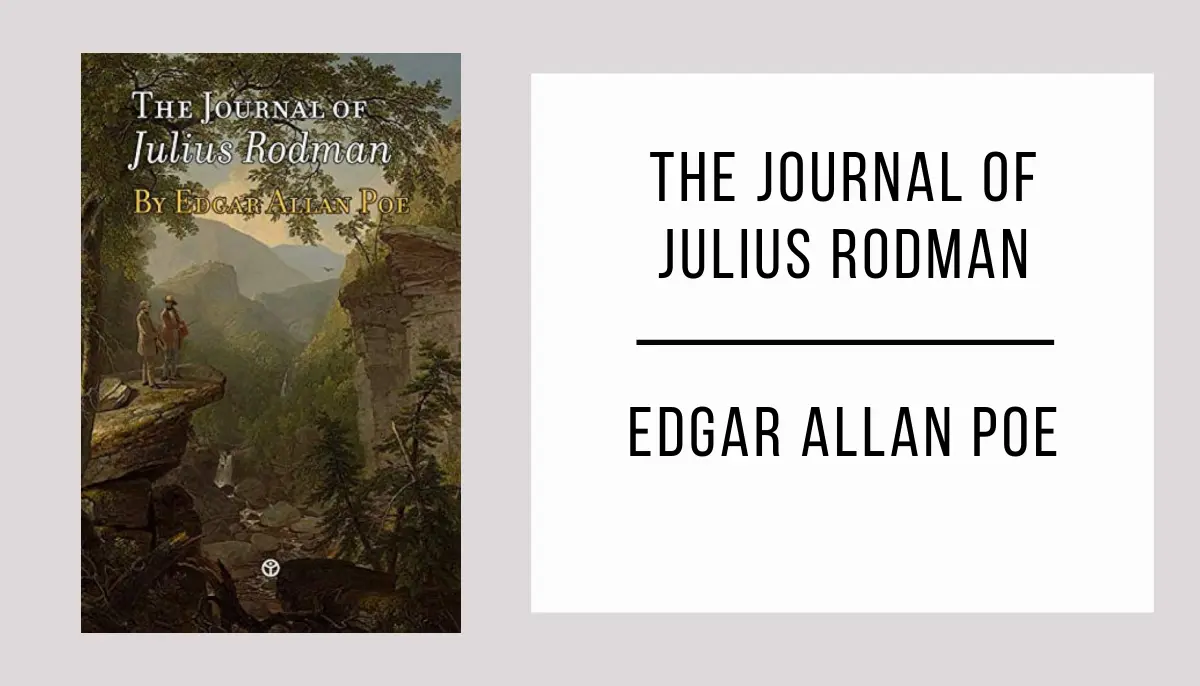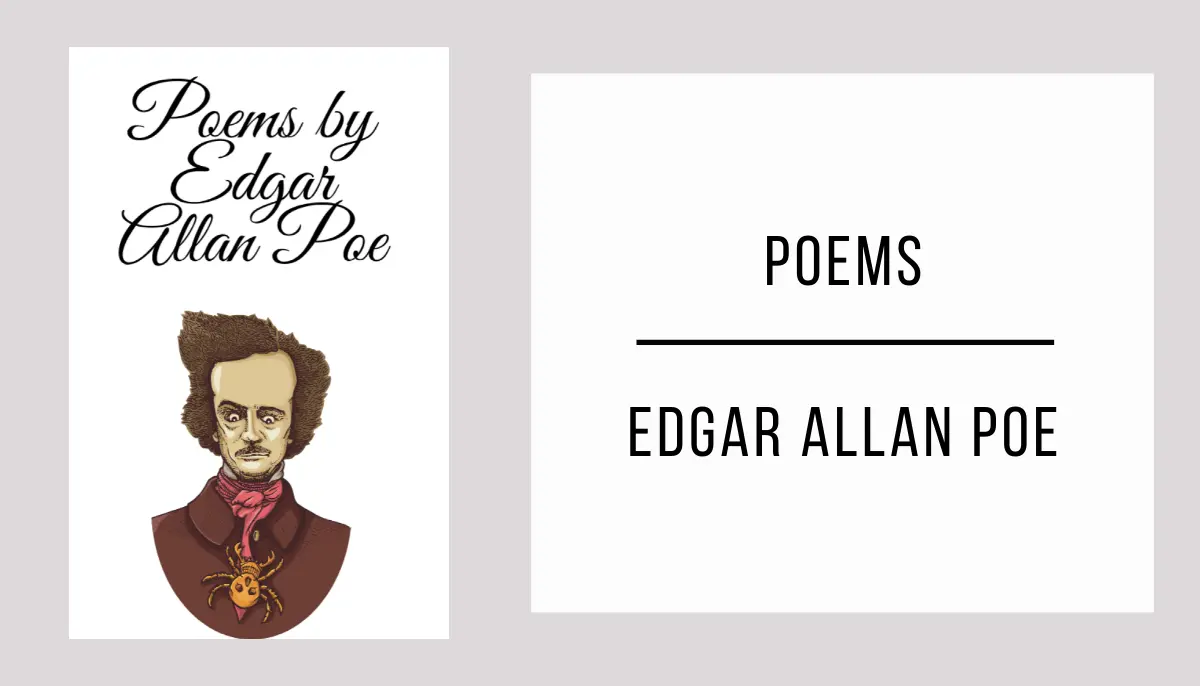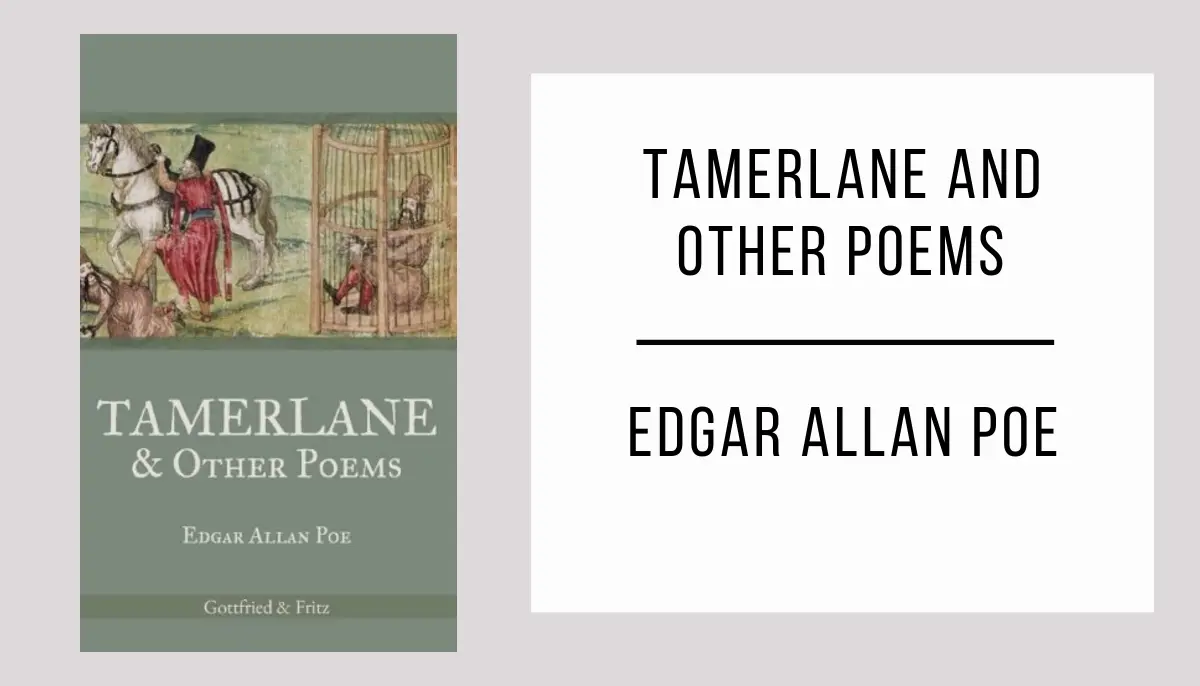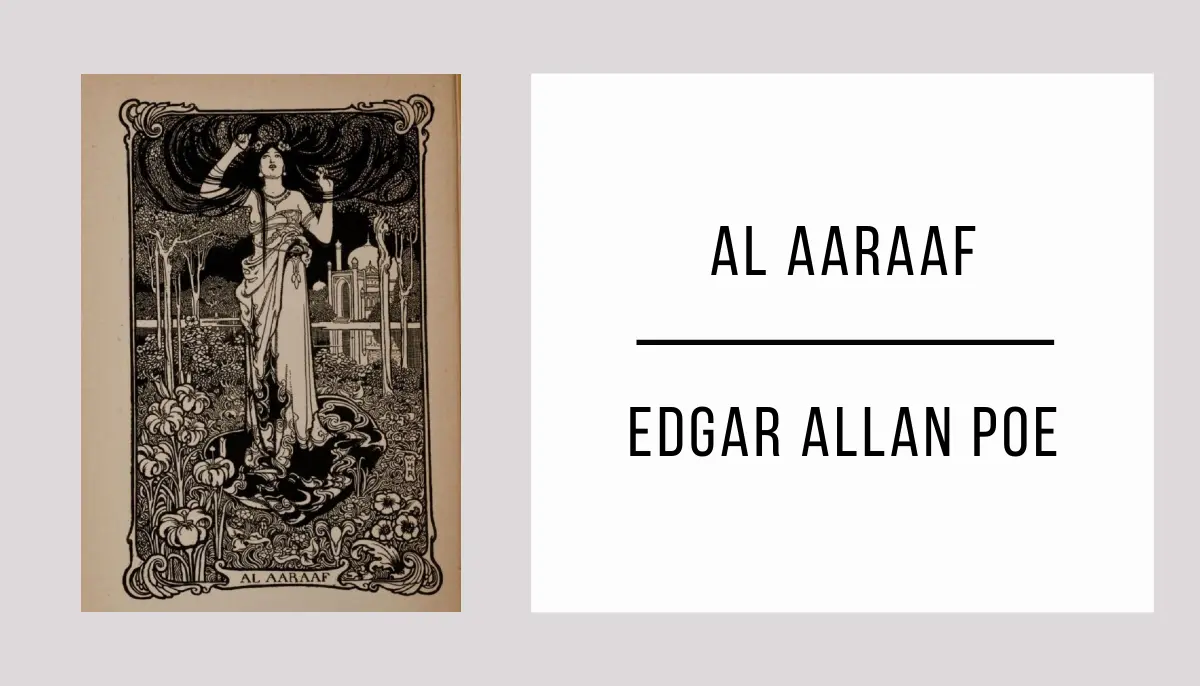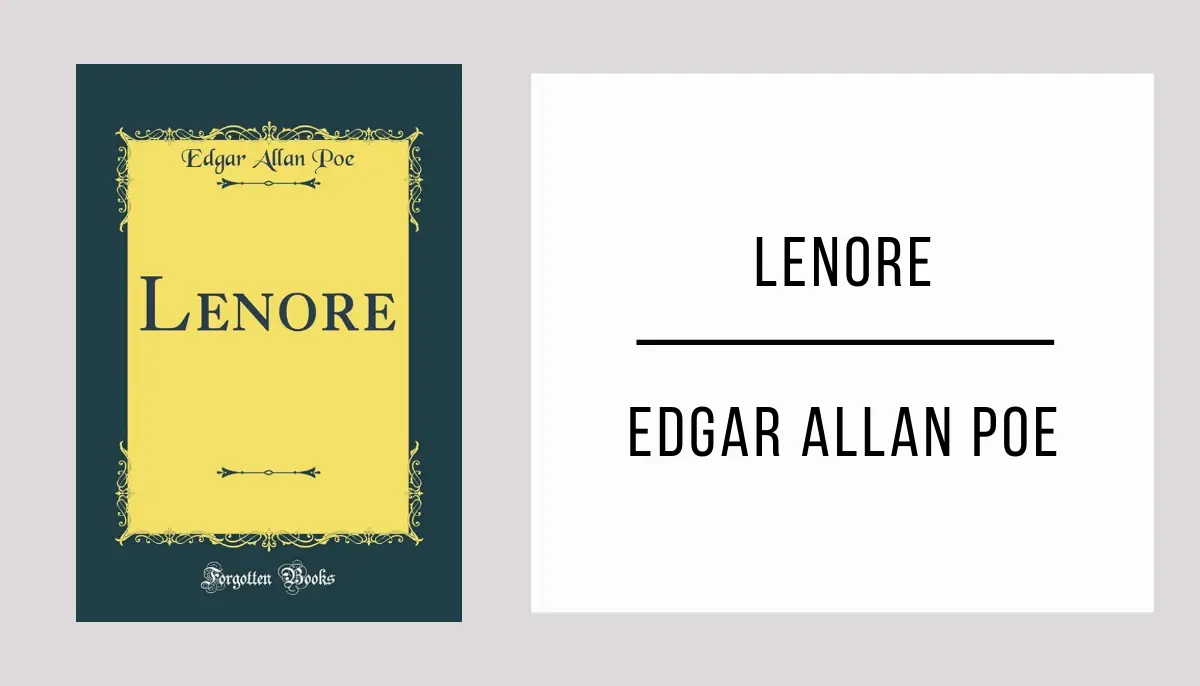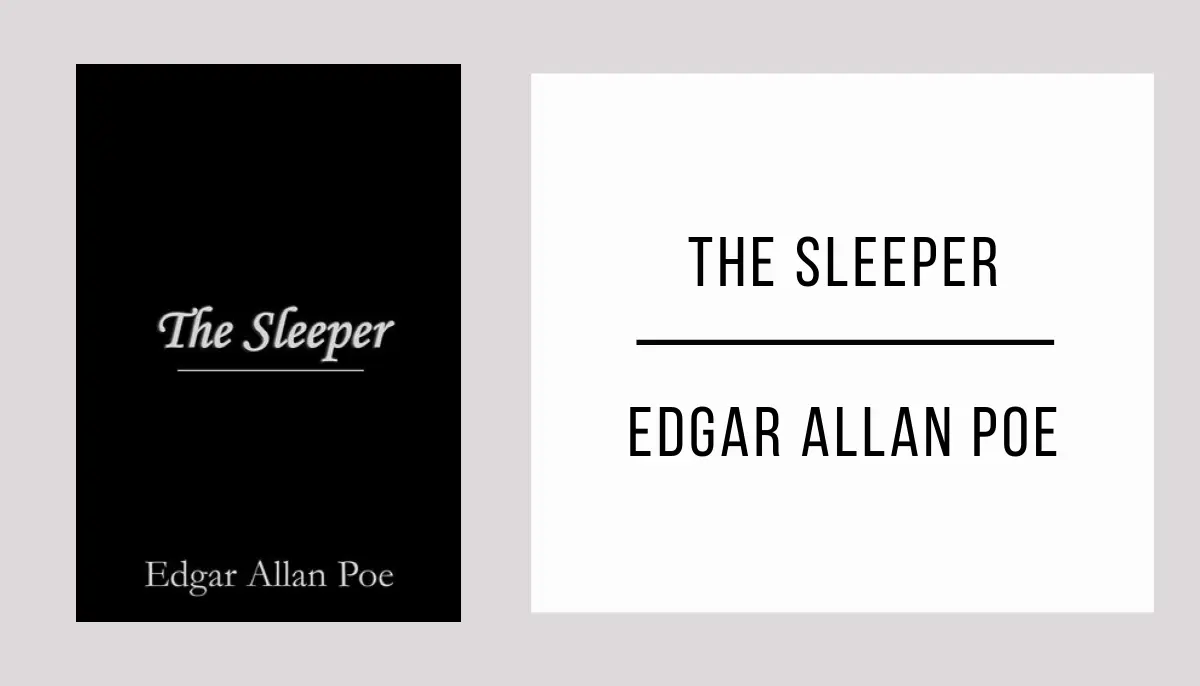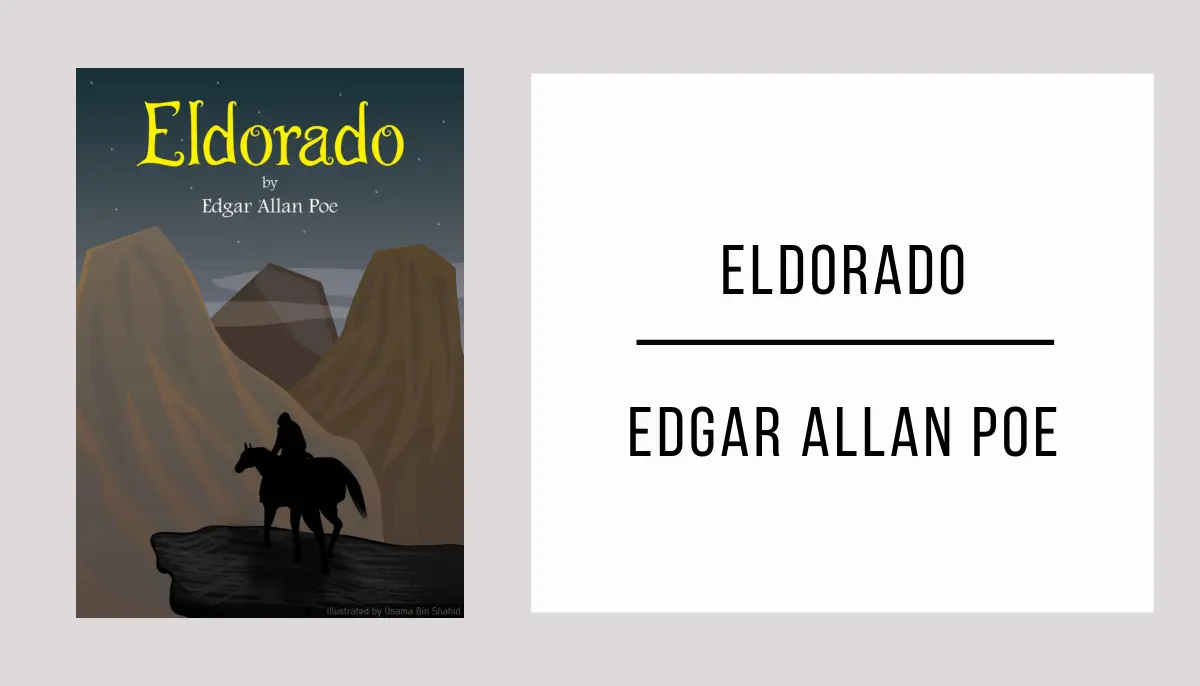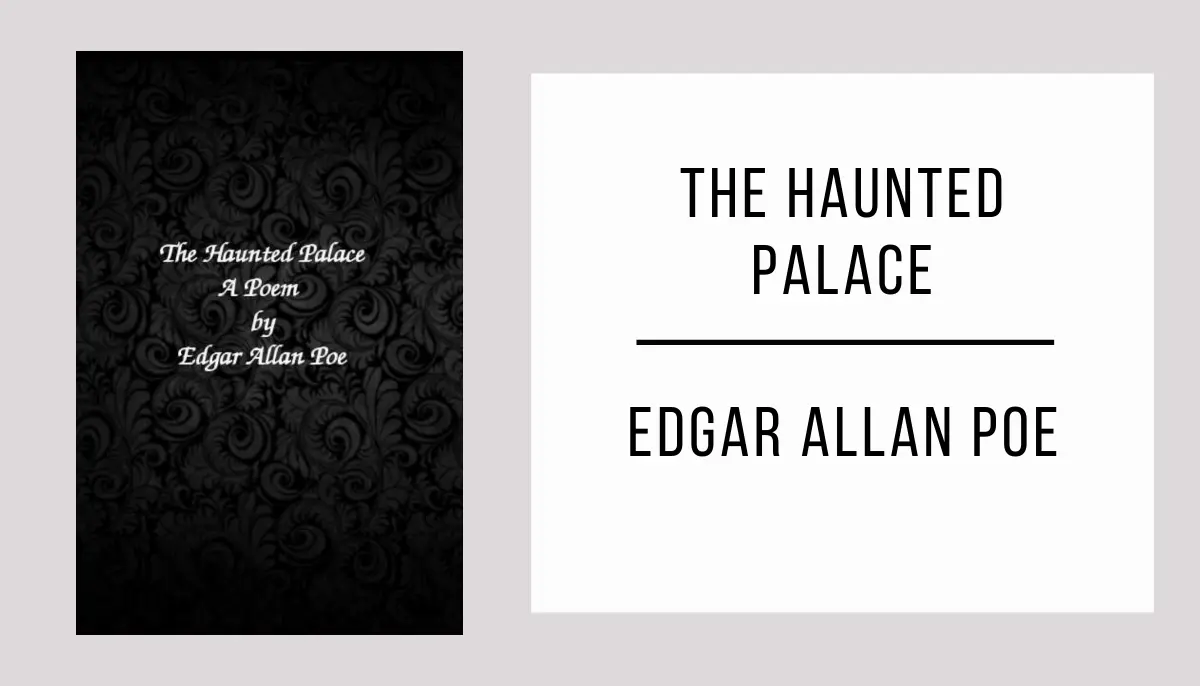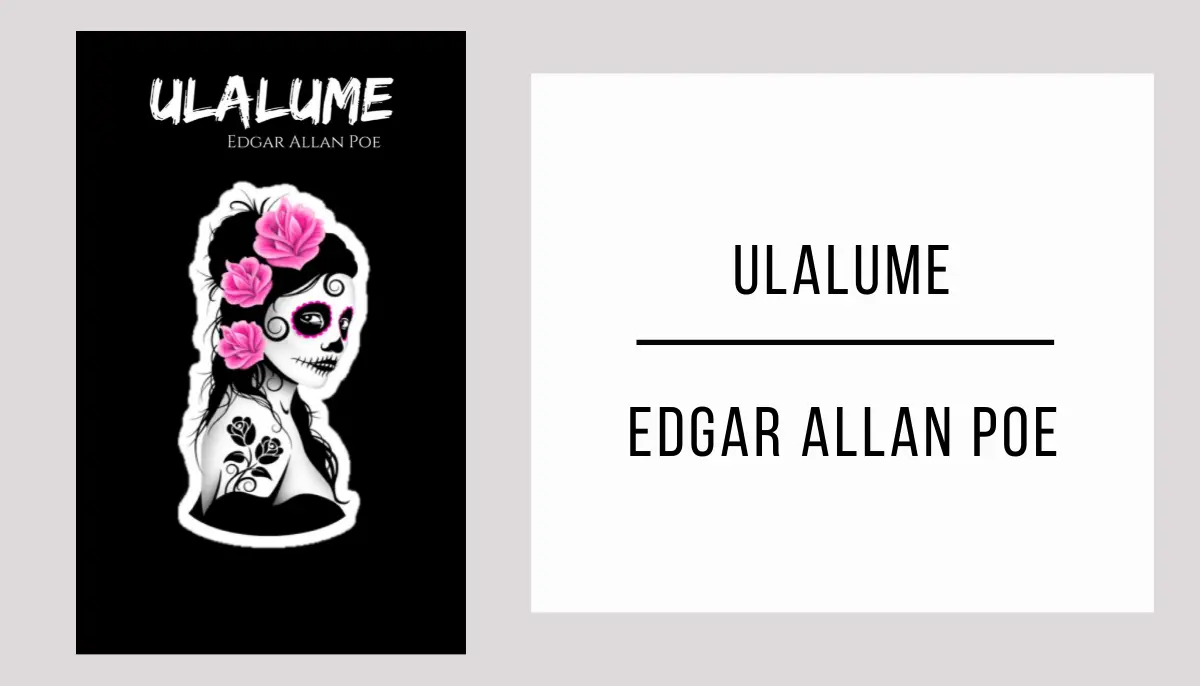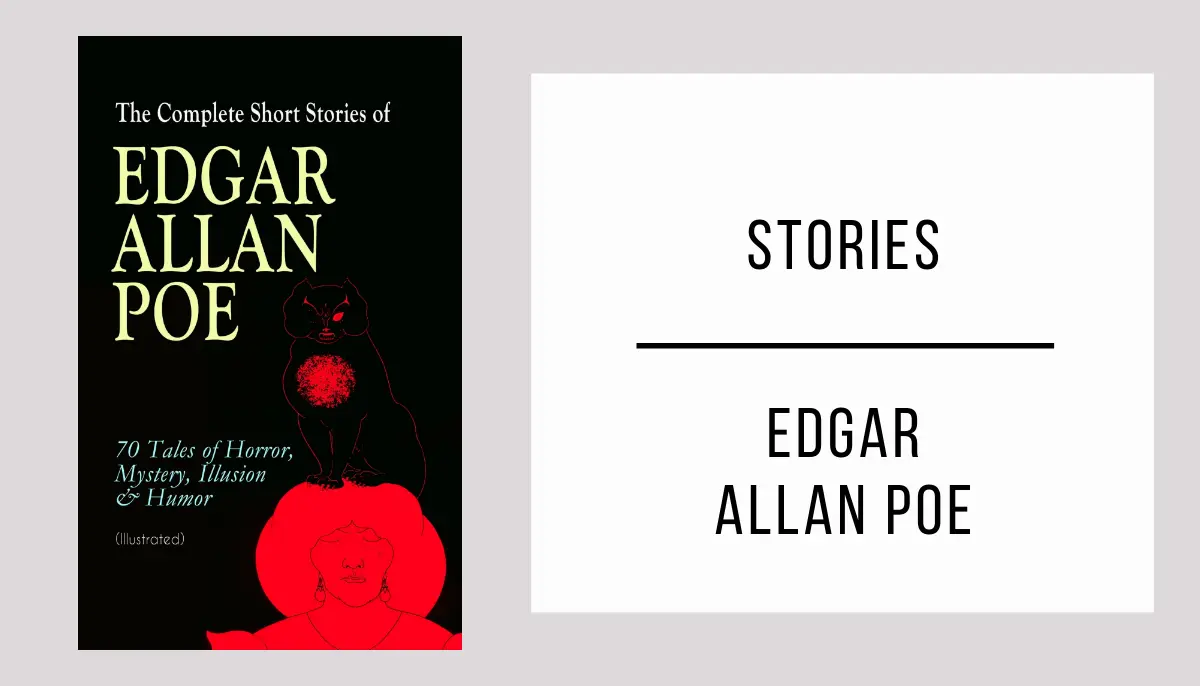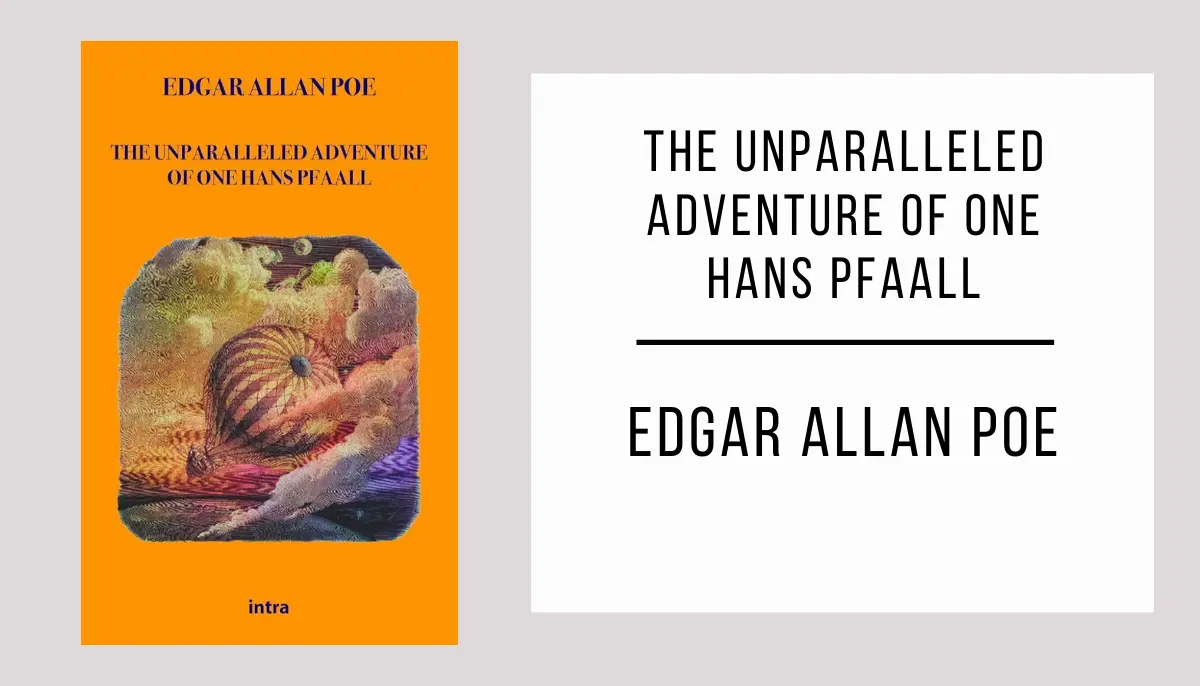“Eureka” by Edgar Allan Poe is a fascinating intellectual journey that challenges the limits of knowledge. Immerse yourself in this literary masterpiece that explores the mysteries of the universe and human existence.
Download a free PDF copy of “Eureka” right now and discover a unique reading experience. Dive into the pages of this exceptional book and let yourself be captivated by its profound wisdom.
Don’t miss the opportunity to explore the brilliant mind of Edgar Allan Poe and his revolutionary vision of the world. “Eureka” invites you to reflect on life’s great mysteries and expand your intellectual horizons.
Eureka in PDF format
*Wait a few seconds for the document to load, the time may vary depending on your internet connection. If you prefer, you can download the file by clicking on the link below.
Loading fileInformation Eureka
- Author: Edgar Allan Poe.
- Publication Date: 1848.
- Main Characters:
- Not applicable as it is an essay.
- Brief summary: “Eureka” is a philosophical and cosmological essay written by Edgar Allan Poe and published in 1848. The essay delves into the physical, metaphysical, and mathematical aspects of the universe, exploring its essence, origin, creation, present condition, and destiny. Poe based his work on his obsessions with astronomical science and wrote it during a period of melancholic clarity following the death of his wife.
- Thematic analysis: “Eureka” represents a significant advancement in Poe’s aesthetic-philosophical theses and is characterized by its boundless ambition and longing for infinity. The essay immerses itself in an almost religiously hallucinatory tone, seeking the “discovery of the ultimate truth” of all things. Although the text is obscure and challenging to read, it has been appreciated for its poetic value and was embraced by the French symbolists, led by Baudelaire.
- Historical context: “Eureka” was published in 1848, a year before Edgar Allan Poe’s death. The essay reflects the scientific and philosophical concerns of the time, as well as the influence of other authors such as Newton, Kepler, and Laplace on Poe’s vision of the universe. Though not well-appreciated in its time, it has since been recognized as a notable work in Poe’s literary legacy.


